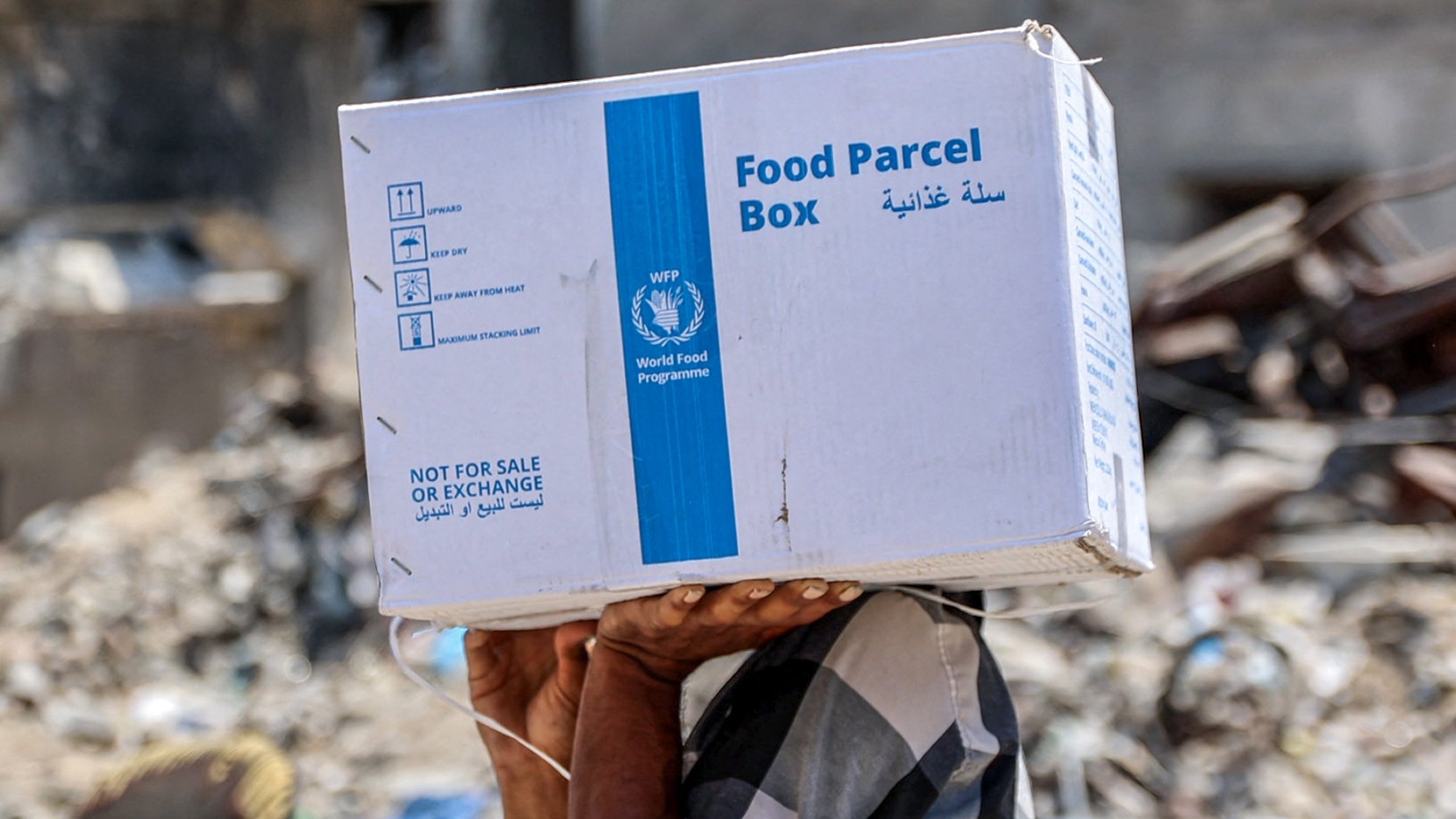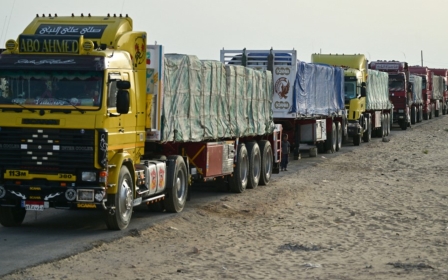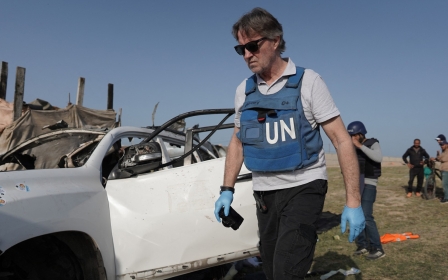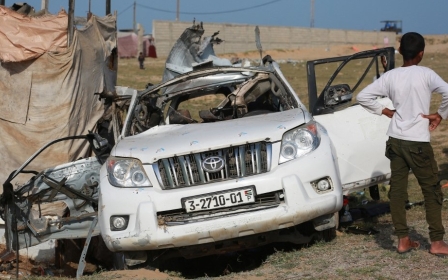We need aid workers more than ever. So why are so many being killed?

On 12 September, six aid workers were among at least 18 people killed by an Israeli attack on a Gaza school, while three Red Cross workers were killed in Ukraine when an air distribution site was shelled.
With wars raging and conflicts creating more humanitarian need, it's a worrying trend that those who try to help are being killed in increasing numbers.
Last month, the world marked World Humanitarian Day. Many aid organisations, like ourselves at Action For Humanity, warned the globe that our staff were being targeted, killed and injured regularly.
But, with at least nine of our colleagues losing their lives in conflict zones on 12 September alone, it seems that these calls are being ignored.
Recently, we had one staff member hospitalised when our warehouse was shelled in northwest Syria.
New MEE newsletter: Jerusalem Dispatch
Sign up to get the latest insights and analysis on Israel-Palestine, alongside Turkey Unpacked and other MEE newsletters
Throughout the Syrian conflict, we have had dozens of our staff members killed and maimed. Despite over 580 aid workers being registered as killed in Syria in the 13 years of war, it is not a tragedy unique to this conflict.
Demonised
Action For Humanity staff in Gaza risk life and limb on an hourly basis, attempting to provide aid, with many of our colleagues and peers in other organisations also having been killed.
More than 280 aid workers in Gaza have been killed thus far and, with a ceasefire nowhere in sight, this number looks likely to grow.
And aid workers risking their lives in Gaza also risk their reputations.
Throughout this conflict and before, organisations helping Palestinians have faced repeated smears and lies, which see them demonised and even imprisoned, purely because they have the drive and desire to help those most in need.
Even beyond the conflicts in the Middle East and Ukraine, we have seen aid workers killed while doing their jobs - helping people - in Sudan, the Democratic Republic of the Congo and further afield.
The reality is that it has never been more dangerous to be an aid worker. Yet, aid workers have never been more needed.
There are around 300 million people around the globe who need some form of humanitarian assistance and this number is growing.
We are seeing more and more wars starting and fewer and fewer peace agreements. Climate change is displacing a growing number of communities and destroying homes.
Humanitarian crises need humanitarian aid workers, but little is being done to protect them.
Funding cuts
A law does not need to be introduced to protect us - we are already protected under international law. But these laws are not followed and those who break them are not prosecuted.
We are under attack in other ways, too. Governments who have traditionally been funders of aid and development projects, such as the UK, have reduced funding, meaning that organisations often face pressure to cut corners.
Ensuring staff safety in conflict and disaster zones is not cheap. The world needs aid workers more than ever.
Yet, perversely, the world is killing more aid workers than ever.
The views expressed in this article belong to the author and do not necessarily reflect the editorial policy of Middle East Eye.
Middle East Eye delivers independent and unrivalled coverage and analysis of the Middle East, North Africa and beyond. To learn more about republishing this content and the associated fees, please fill out this form. More about MEE can be found here.





